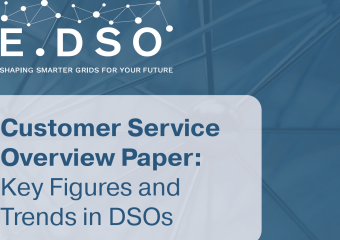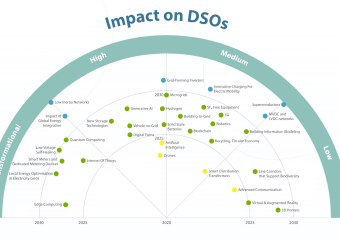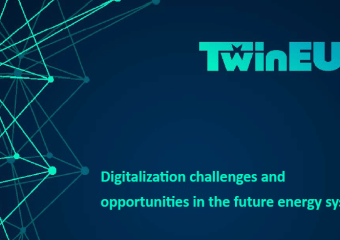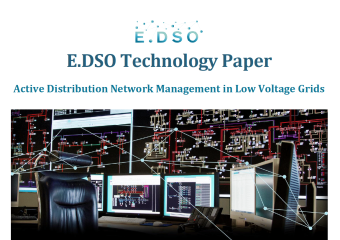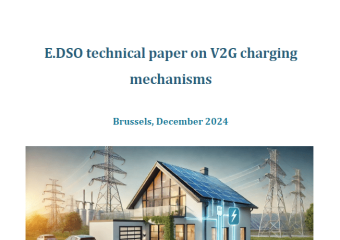It has been almost a year (8 July 2020) since the European Commission unveiled the “Energy System Integration Strategy” (ESIS) aiming to link different energy carriers, infrastructure, and consumption sectors together to boost renewables and reduce carbon emissions. The strategy intends to achieve deep decarbonisation at the “lowest possible costs” by reducing waste and using the relative strengths of different energy carriers.
Being mindful of the above, E.DSO members strongly believe that the integration of energy systems will foremost consist of the coordination of planning, development, and operation within different co-existing systems. This will need a responsible and socially accepted coordination in the common interest of consumers, which is a role that should be neutral and regulated to achieve decarbonisation in a cost-effective way.
DSOs are ready to take up this role of “System Integration Facilitators” as part of their regulated business. More importantly, ESI is one of the key areas for DSOs to take an enabling role, as well as investments into digital technologies, electro-mobility networks and increased flexibility infrastructures. In our paper “Energy System Integration Strategy by the DSOs”, E.DSO members claim that DSOs are ready to fully take this new responsibility.
The position paper is structured around the following issues:
- All future scenarios for the energy transition require large investments in electricity networks but cross-sector integration between electricity, gas, hydrogen, heat, and transport is necessary where fully electrified solutions are not viable and harder to abate.
- The concept of ‘integrated energy systems’ for electricity DSOs includes examples for coordination & interface between DSOs (electricity/gas/other infrastructure operators) for grid planning and operation, highlighting their benefits.
- Digitalisation and smart grids would be one of the main means to improve such coordination.
- The concept of DSOs as System Integration Facilitators implies that the energy transition must be structured through integrated energy systems with the customer in the focus, where DSOs are the natural proactive enablers.
- This entails striving for decarbonisation mainly through electrification and trying to find the connection with other technologies when a more efficient solution is achieved.
- Working on clarification of “sector coupling” and “sector integration” while providing examples at the local level for the latter.
The recommendations outlined in this paper put forward some key ideas to fully consider the potential for energy efficiency and its role in facilitating the transition towards more integrated energy and other sectors.


